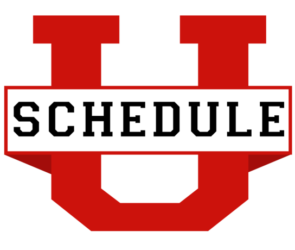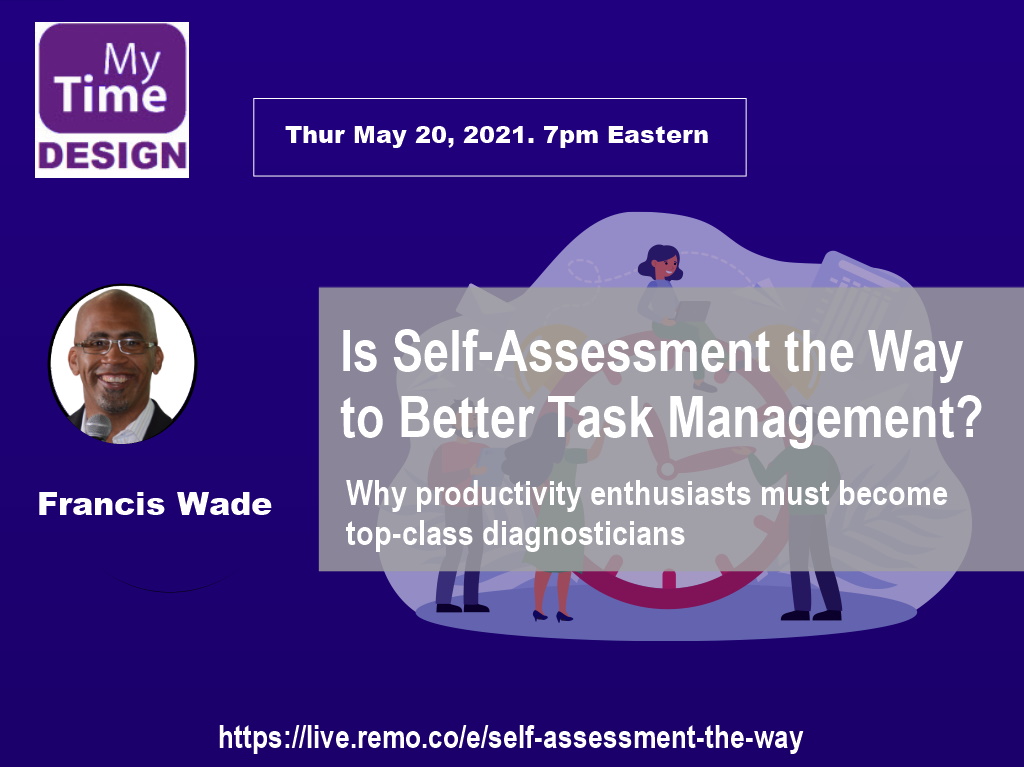Part 16 — Psychological Objects and Tasks
Why You Must Separate Psychological Objects from their Physical and Digital Counterparts in Your Task Management


Problem
You want to manipulate future, incomplete tasks effectively, hoping to improve the way you manage them so you can become more effective. However, they seem to have a life of their own!
Even though you have set up a system of lists, schedules, reminders, apps, etc. to pin them down, they seem ready to slip away at a moment’s notice. Tasks are unlike physical objects like desks and chairs, or digital objects like documents or email messages. Instead, they are invisible and intangible.
Left untended, they have the unfortunate ability to disappear from view, never to be recalled ever again. Pus, they fade behind our other commitments, only to reappear suddenly when it’s too late, long after a problem has arisen.
Our problem is that we don’t treat them as if they have a special, unique nature. While we know that they are born when we make a specific commitment, and die when a task is completed or intentionally voided, what should happen in between remains a mystery. Even academic researchers barely understand!
Why Is This Important?
Someone who understands the distinction between psychological objects and physical or digital objects can manage each of them according to their unique properties. Given the fact that your task management system probably includes all three, this knowledge can help you make better quality improvements.
What’s the Link to the Rapid Assessment Program (RAP)?
In the RAP you see how it’s possible to make improvements which are in line with the ephemeral nature of tasks i.e. psychological objects. You are more likely to be effective with this insight, especially as you move forward to implement a plan of Pareto Improvements.
Find out more about the MyTimeDesign Rapid Assessment Program in this webinar.
Part 16 — Psychological Objects and Tasks was originally published in 2Time Labs on Medium, where people are continuing the conversation by highlighting and responding to this story.


